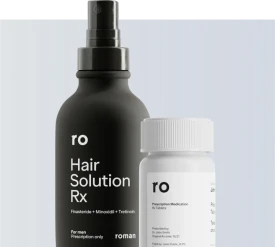Disability insurance is a critical safety net for anyone who relies on their ability to work to earn an income, especially for freelancers who might not have the same benefits as traditional employees. In fact, according to the Social Security Administration, 1 in 4 of today’s 20-year-olds will become disabled before reaching retirement age, highlighting the importance of disability insurance. Freelancers, who often juggle multiple projects and might not have a steady income, are particularly at risk. Yet, when it comes to specific conditions like acne, which can sometimes lead to severe situations requiring extended time off work, the nuances of disability insurance become even more critical to understand.
For freelancers, navigating the world of disability insurance can seem daunting. The market offers various types of policies, each with its own set of terms and conditions. Generally, these policies are designed to replace a portion of your income should you be unable to work due to illness or injury. It's important for freelancers to specifically look into the policy details about coverage for conditions that are not typically considered disabling by standard definitions, such as acne. Although acne is often seen as a cosmetic issue, severe cases can hinder one's ability to perform their job, especially if it affects their mental health, thereby necessitating disability leave.
When considering disability insurance, freelancers should evaluate policies based on the coverage for illnesses that can impact their work, even if they seem minor like acne. "It’s crucial to understand the fine print of what your policy covers," a financial advisor mentioned in a recent interview. Furthermore, the benefits period, which refers to the length of time the policy will provide income, and the waiting period, the time between becoming disabled and when benefits begin, are significant factors. According to industry statistics, the average disability claim lasts for about 34.6 months, underscoring the importance of having a policy that can cover long-term disabilities.
Ultimately, for freelancers, securing disability insurance that comprehensively covers you, including for less considered conditions such as acne, is about protecting not only your income but also your peace of mind. It’s about ensuring that in the face of unexpected health issues, you have the support needed to take time off without financial worry. Given the increasing prevalence of freelance work, with 59 million Americans freelancing as of 2021, this form of insurance is becoming increasingly essential. Experts recommend working with an insurance broker who understands the freelance market to find the best coverage for your specific needs, ensuring a safeguard against the unpredictable nature of freelance work and life itself.

